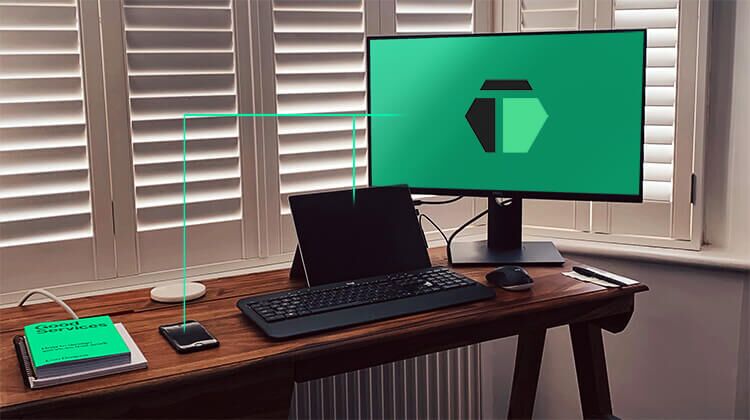Three Ways IoT will Revolutionize Our Homes

Article Contents
Three Ways IoT is Taking Cues from Business to Revolutionize Our Homes
By 2021, smart home devices will surpass smartphones as a share of deployed connected and IoT devices, meaning that people are about to become even more connected to their homes than they are with their phones or even jobs. While it is clear that IoT is revolutionizing the way companies do business, it is revolutionizing the housing market in an equally impactful way. With the introduction of artificial intelligence in IoT devices that can learn the patterns of behaviors in users, more homes will see the combination of both to induce a greater experience of living.
Making Life Easier at Home
As businesses all over the world have already seen, AI and machine learning can allow for increased customer experience by personalizing the process according to their needs and behavior. Now, imagine a home that could do just the same. Smart home devices that rely on artificial intelligence to learn the patterns and behaviors of homeowners are already making life easier by automating tasks and daily chores. Smart technologies like the Nest thermostat solution are embodying IoT by including smartphone integration to allow for temperature checking and controls from anywhere in the world. Other products like the Roomba, which uses smart technology to help robots to map a home layout and clean a room with the most efficient movement pattern are revolutionizing homes as well.
Saving Energy & the Environment
While current advancements in IoT and AI technologies in the construction industry have seen the increase in popularity of machine-controlled equipment to focus on autonomous control and robotic technology, the amount of energy saved by integrating IoT into our homes is impactful. In fact, the US Department of Energy estimates buildings account for more than 40% of electricity use in our country. By utilizing IoT to control aspects such as heating, cooling, energy usage and more, there is no telling how much public, and private, spaces will be able to save on energy and natural resources.
Increasing Security & Overall Safety
From a home security standpoint, homeowners can now install IoT connected doorbells that are connected to their smartphone. These doorbells and cameras will allow a person to view a live video of whoever is at their door and give access to them without even being at home. Smart locks provide a similar level of security as they allow people to program access for certain people during certain hours of the day. These smart locks, which are also connected to smartphones, can also increase safety by providing a log of everyone who has entered the house and left that day. Not only is this a revolution in technology, but it is also a total revolution in home safety that will begin to see more and more adoption in larger cities as well as rural areas. Connectivity like this that hinges on the idea of providing constant access to your home and all its safety features is what makes IoT so influential in the home sector.
The Future of IoT in Homes
Using smart technologies, modern homes will be able to incorporate more safety features that allow for more interactive elements when it comes to being able to control what goes on inside of your home. Smart learning machines will be able to automatically manage energy usage based on smart sensors and data collected over time while predictive maintenance sensors will alert owners to potential threats and ways to optimize the efficiency of their homes. The biggest revolution and revelation comes in also understanding just how much these technologies can impact the business world around us.
FAQs


Subscribe to our newsletter!
Get our insights and updates in your inbox.
Thank you! Your submission has been received!
Oops! Something went wrong while submitting the form.
Related articles
No items found.






.svg)






